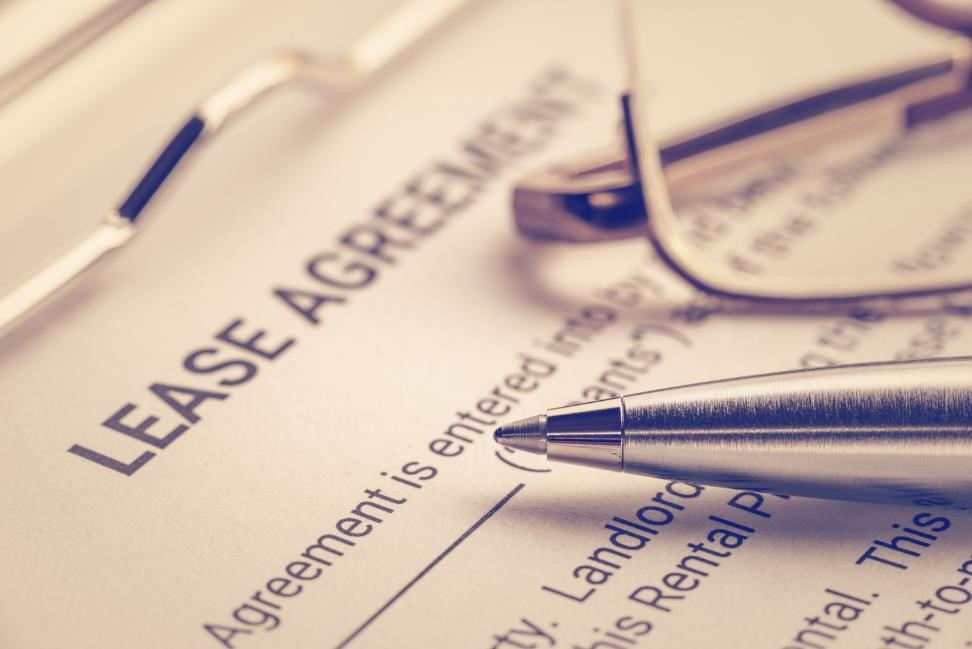Should I Sign a Long-Term Self Storage Lease?

When you’re looking for a self storage unit, one of the first decisions you’ll face is whether to rent month-to-month or sign a long-term lease. Each option has its perks—and the right choice depends on your plans, your budget, and how long you expect to need the space.
Let’s break down what you should consider before locking in your storage commitment.
1. The Difference Between Month-to-Month and Long-Term Storage
- Month-to-Month Leases: These are flexible agreements that renew every 30 days. You can move out with little notice, making them ideal for temporary situations like moving, college breaks, or home renovations.
- Long-Term Leases: These typically require a commitment of six months to a year or more. They’re great for people who know they’ll need storage long-term—such as those storing business inventory, household overflow, or seasonal equipment.
2. The Benefits of a Long-Term Storage Lease
If you’re confident you’ll need your unit for a while, a long-term lease can offer real advantages:
- Price Stability: Long-term leases often lock in your rate, protecting you from potential rent increases.
- Discounts and Promotions: Many storage facilities offer reduced monthly rates or the first month free if you commit to a longer term.
- Peace of Mind: You won’t have to worry about renewing your contract or moving your belongings every few months.
For businesses or anyone storing items indefinitely, this can simplify planning and budgeting.
3. When Short-Term Flexibility Makes More Sense
While long-term leases can save money, month-to-month storage is better when you’re not sure how long you’ll need it.
- Uncertain Timeframes: If you’re in between homes, waiting on renovations, or relocating for work, short-term flexibility can prevent you from paying for unused months.
- Changing Needs: If you anticipate downsizing, upgrading, or switching to a different storage size, shorter leases make it easier to adjust.
Flexibility comes at a small price premium—but the ability to move out whenever you want can be worth it.
4. Questions to Ask Before Signing a Long-Term Lease
Before you commit, ask the storage facility:
- Are there early termination fees if I need to move out early?
- Does the rate stay the same for the entire term?
- What happens if I want to change unit sizes mid-lease?
- Are there auto-renewal terms after the lease ends?
A transparent facility will answer these questions clearly before you sign anything.
5. The Bottom Line
A long-term self storage lease makes sense if:
- You know you’ll need the space for six months or more.
- You want a stable rate and potential discounts.
- You prefer not to deal with monthly renewals.
However, if your timeline is uncertain or your needs might change, a month-to-month agreement is usually the smarter choice.
Ultimately, the best lease type is the one that matches your lifestyle, storage goals, and budget—so take a little time to think about how long you’ll really need that extra space before signing on the dotted line.